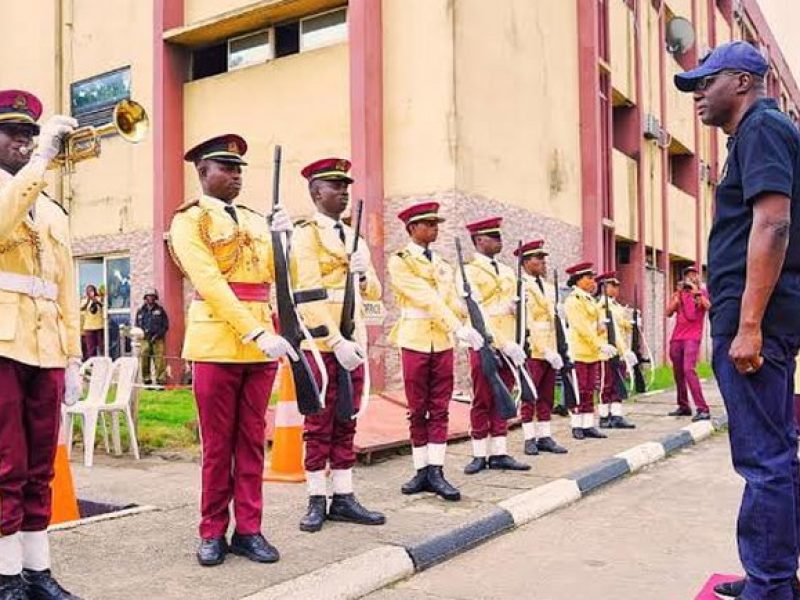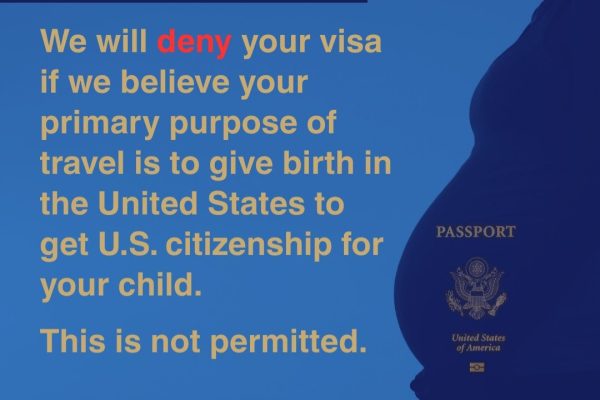Late Thursday, July 3, 2025, Lagos seized global attention when the National Drug Law Enforcement Agency (NDLEA) intercepted two cleverly concealed cocaine consignments at a courier depot in the city. Agents recovered 420 grams hidden inside 84 lipsticks bound for the United Kingdom and 280 grams concealed within a Certificate of Occupancy heading to Saudi Arabia—revealing the ingenuity of traffickers and the determination of local authorities.
This raid was part of a broader operation across Nigeria, targeting smuggling networks. Lagos emerged as a critical hub, with the NDLEA also arresting a drug kingpin, known locally as Ajetsibo Emami aka “Warri Kinsman,” in Ikeja on June 28. After a three-day operation, officers seized 414.2 kg of cannabis, including “Canadian Loud,” stashed in jumbo bags meant for distribution within Lagos and beyond
The lipstick and document busts, while smaller in scale, illustrate a disturbing trend: traffickers are exploiting everyday items and official-looking documents to move narcotics internationally. NDLEA spokesperson Femi Babafemi confirmed the lipstick shipment targeted the UK, and the forged document was destined for Saudi Arabia
Simultaneously, the agency manhandled a family syndicate: businessman Ajah Johnson Uchenna, his wife, Rosemary, daughters Stella and Ngozi, and accomplice Okoro Elijah were all detained for their alleged roles in drug distribution within Lagos.. Investigations revealed coordinated trafficking efforts, involving 277.5 kg of cannabis and 231 kg discovered during follow-up raids.
More startling was a shipment of 7,660 tramadol pills found in food items at Murtala Muhammed International Airport, destined for Italy. Meanwhile, 52 traveler’s cheques totaling AUD 17.7 million were seized in children’s books bound for Malaysia via Istanbul—now handed over to the EFCC.
NDLEA Chairman Brigadier-General Mohammmed Buba Marwa (retired) praised the agency’s “balanced approach to supply and demand reduction,” commending officers for their vigilance and successful coordination across multiple commands
🔍 Key Highlights at a Glance
- 420g of cocaine hidden in lipsticks — UK-bound
- 280g in a property document — headed to Saudi Arabia
- Arrest of “Warri Kinsman” and seizure of 414kg cannabis
- Family syndicate busted — 277.5kg + 231kg cannabis seized
- 7,660 tramadol tablets hidden in food — Italy shipment
- AUD 17.7 million concealed in children’s books — Malaysia route
- NDLEA lauds multi-state coordination and intelligence-led raids
🧠 Why It Matters
- Sophisticated concealment methods—Traffickers using cosmetics and legal documents to bypass security.
- Lagos as a smuggling nexus—MMIA and courier firms remain entry and exit points for illicit drugs.
- Interconnected crime networks—From individual couriers to family-run syndicates, operations are comprehensive.
- Public safety risk—Illicit substances are trafficked both into and within Lagos, exposing the city to health and security dangers.
- Authorities stepping up—NDLEA is intensifying coordination across agencies but must remain aggressive.
🚨 Challenges & Needed Actions
- Tighter screening at courier firms and airports—Full body scanning and random cargo checks could deter concealment schemes.
- Intelligence sharing among agencies—Close cooperation between NDLEA, EFCC, airport authorities, and courier services is vital.
- Focused public awareness campaigns—Educating citizens about trafficking methods may help disrupt criminal networks.
- Legislative support for sniffer dog teams and canine units—Proven effective in sniffing out concealed drugs.
- Penalties for complicit firms—Courier companies must be held accountable if found negligent.
✅ Conclusion
The recent NDLEA operations in Lagos unveil a disturbing trend: traffickers using everyday items—from lipsticks to documents—to smuggle cocaine abroad. These busts reveal both the creativity of criminal networks and the resolute vigilance of Nigerian authorities. Yet, the scale and sophistication of these operations remind us that more proactive and multi-pronged measures are essential to secure Lagos’ reputation and protect public health.










